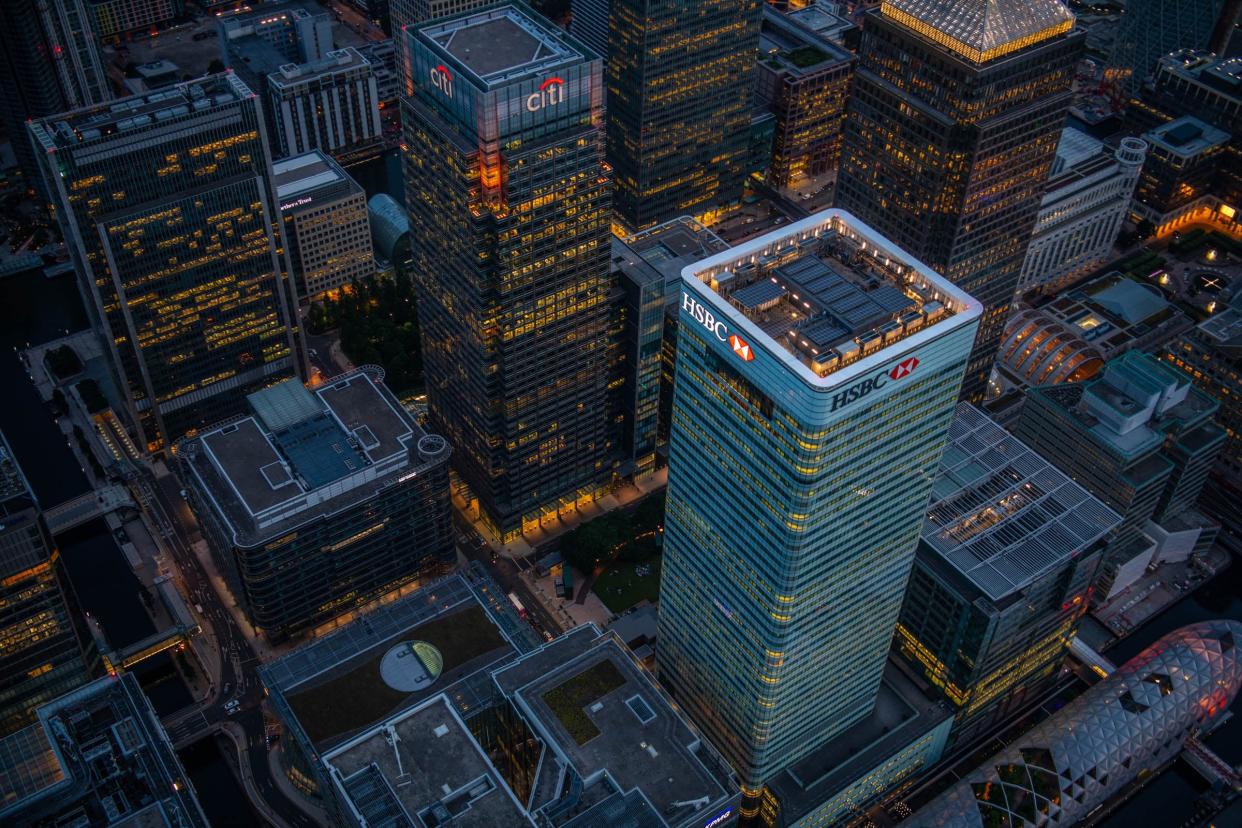HSBC shares tumble on money laundering allegations

Shares in Britain’s biggest bank HSBC slumped to a 25 year low this morning after it was hit by claims that it allowed fraudsters to launder millions of dollars of dirty cash.
A huge leak of secret files suggested that the high street lender facilitated the transfer of money around the world even after it became aware of the scam.
The latest allegations to be levelled at the bank, which has been caught in a series of damaging financial scandals over recent years, sent the shares tumbling in Hong Kong and the City.
By mid morning they were down 13.8p, or 4.5 per cent, to 290.2p, the lowest level since August 1995. This year the share price has fallen by around 50 per cent.
The fall helped drag down the FTSE-100 Index of leading British companies, which fell 170.47 points, or 2.84 per cent to 5836.58.
The claims against HSBC were included in a cache of 2,100 documents detailing about $2 trillion of suspicious transactions reported to the US authorities between 2000 and 2017.
The so called FinCen files were leaked to online news service Buzzfeed and shared with the International Consortium of Investigative Journalists (ICIJ) and dozens of media organisations around the world, including the BBC’s Panorama programme.
One file revealed how the husband of one of the Conservative Party’s biggest donors was secretly funded by a Russian oligarch with close ties to President Putin.
Lubov Chernukhin gave £1.7 million to the Tories, including payments to spend time with Boris Johnson, Theresa May and David Cameron.
But the documents show her husband Vladimir, a former Russian deputy finance minister, was given millions of pounds by a billionaire Suleyman Kerimov who has been sanctioned as a result of his links to the Russian leader.
Mrs Chernukhin’s lawyers have denied that her donations were influenced by Kremlin interference.
Meanwhile HSBC, which has its global headquarters at Canary Wharf, was named as one of five global banks that allegedly allowed fraudsters to move money between accounts knowing that the funds were generated through criminal activity.
The others were JPMorgan Chase, Standard Chartered, Deutsche Bank and Bank of New York Mellon.
The files suggested that HSBC had enabled an $80 million “Ponzi” investment scam months after agreeing with regulators that it would beef up its internal systems following a US criminal prosecution related to money laundering by Mexican drug lords.
HSBC refused to comment on specific allegations but said “all of the information provided by the ICIJ is historical.”
The bank said in 2012 it “embarked on a multi-year journey to overhaul its ability to combat financial crime across more than 60 jurisdictions.” It insisted “HSBC is a much safer institution than it was in 2012”.
Standard Chartered said in a statement: “We take our responsibility to fight financial crime extremely seriously and have invested substantially in our compliance programmes.”
But Pat McFadden, shadow treasury minister, said: “London’s reputation and strength as a global financial centre is weakened and undermined if it is thought to be a place where illicit funds can be laundered. It is absolutely vital that the Government and regulators fully investigate what has emerged.”


